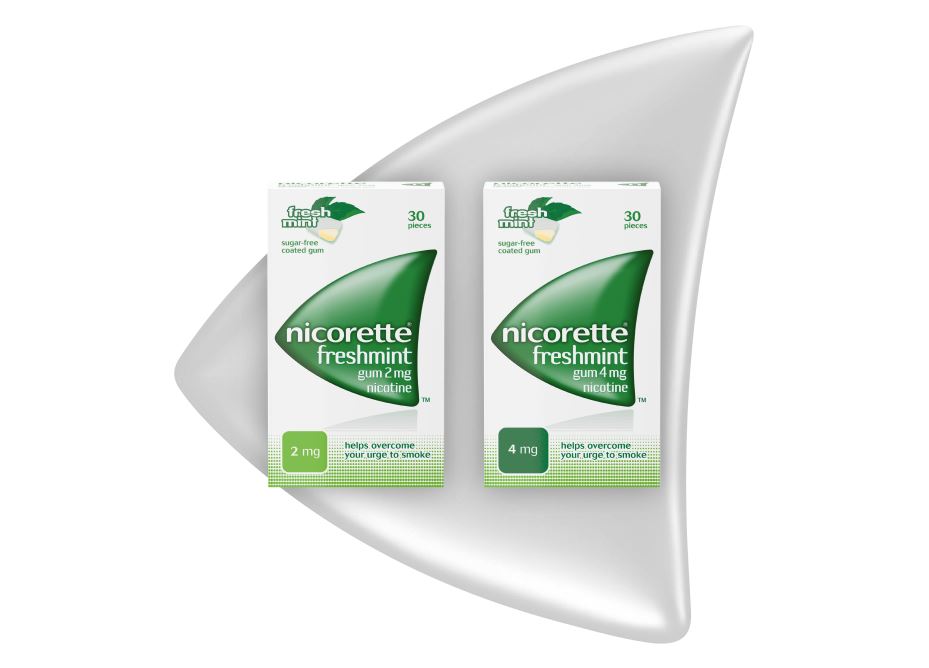Hookahs, also known as shishas, are water pipes used to smoke tobacco that is available in various tastes, including apple, mint, cherry, and watermelon, among others. Shisha smoking dates back hundreds of years in ancient Persia and India8.
Shisha smoking contains many of the same health dangers as cigarette smoking, despite the fact that many users believe it is less dangerous9. As such, smoking tobacco with a shisha causes substantial health concerns to smokers and those who are exposed to the shisha’s smoke10.
Shisha vs. Cigarette Smoking:
Many of the same dangerous components found in cigarette smoke, such as nicotine, tar, and heavy metals, have been detected in shisha smoke, according to research11.
Moreover, smoking this water pipe releases nicotine, the same highly addictive substance found in other tobacco products12.
Shisha tobacco is exposed to extreme heat from burning charcoal, and the resulting smoke is at least as hazardous as cigarette smoke. Other hazardous compounds, such as carbon monoxide, are released by the heat sources used to burn hookah tobacco. This could put hookah smokers at risk13.
Therefore, shishas and cigarettes are very much alike as they pose similar injurious effects on the overall health and well-being of those smoking them and those passively exposed to them.
Shisha Side Effects:
Since shishas and cigarette smoking are very much alike, there is no doubt that shisha has side effects that more or less resemble those of tobacco smoking. Here are five reasons why hookah/shisha smoking is way more harmful than you think.
1 - Shisha and Cancer
Tobacco smoke contains approximately 4800 compounds, including 69 carcinogens and a number of tumor promoters and co-carcinogens14. As such, shisha smoking induces similar types of cancer as tobacco smokers. A study concluded that hookah smoking is linked to a 6 times increased risk of lung cancer, when compared to non-smoking controls. These variables, however, depend on the duration spent on smoking shisha, the frequency of water change, and the type of pipe used, among others15.
2 - Shisha and Oral Care
Tobacco use is harmful and can lead to a variety of illnesses, including cancer. In this regard, the medical hypothesis that the mainstream smoke from shisha causes mouth cancer is undoubtedly plausible16. Moreover, in comparison to non-smokers, young shisha smokers had more atypical cells in their oral mucosa17.
3 - Shisha and Heart Health
In a study conducted in 2014, findings between non-shisha smokers and shisha smokers revealed that the mean arterial blood pressure rose from 96 to 108 millimeters of mercury (p 0.001). The heart rate went from 77 to 91 beats per minute (p 0.001).On average, carbon monoxide levels rose from 3 to 35 parts per million (p 0.001). In other words, after smoking shisha, the acute heart rate, blood pressure, and carbon monoxide levels all increase dramatically, posing health concerns to the heart18.
4 - Shisha and Decreased Fertility
A study conducted in 2021 concluded that chronic shisha smoking has a significant impact on reproductive hormone and semen parameters in varicocele patients when compared to those with varicocele who do not smoke. This suggests that shisha has a negative impact on male fertility and reproduction19.
5 - Shisha and Infections
After smoking shisha, there is a significant chance of contracting herpes, hepatitis, or tuberculosis (TB). Shisha is frequently smoked in big groups rather than alone. Various commensal and harmful organisms may be communicated between smokers through saliva when they share mouthpieces. Recently, shisha cafés have begun to supply each customer with a plastic disposable mouthpiece, with the goal of limiting the spread of contagious diseases. The wet nature of shisha molasses creates an environment that fosters the growth of many different microorganisms, increasing the risk of infectious diseases20.
In conclusion, despite the fact that many users feel it is less risky, shisha smoking has many of the same health risks as cigarette smoking. As a result, smoking tobacco with a shisha poses serious health risks to both smokers and those who come into contact with the shisha’s smoke21. Hence, an ultimate and safe solution is to stop smoking shisha altogether following a cessation program and/or insight from a healthcare expert.
Our aim at Nicorette is to help you quit smoking for good. Find more blogs from our medical professionals and understand why you should embrace your smoke-free journey with us.
Also, read about the 10 tips to quit smoking here.
References:
9https://www.lung.org/quit-smoking/smoking-facts/health-effects/facts-about-hookah
10https://www.cdc.gov/tobacco/data_statistics/fact_sheets/tobacco_industry/hookahs/index.htm
12https://www.lung.org/quit-smoking/smoking-facts/health-effects/facts-about-hookah
13https://www.lung.org/getmedia/ec1a184f-0fc9-4a08-a83b-5f56b5f35eaf/2007-tobacco-policy-trend.pdf.pdf
17https://www.jomos.org/articles/mbcb/pdf/2022/02/mbcb210183.pdf
18https://journals.sagepub.com/doi/full/10.1177/2054270414531127
21https://www.cdc.gov/tobacco/data_statistics/fact_sheets/tobacco_industry/hookahs/index.htm

Find the Right Product(s) for You
Answer a few short questions to find the right product(s) for you.

10 Tips to Stop Smoking
We understand that quitting smoking is one of the biggest challenges you’ll face. These tips will help keep you motivated and on track.